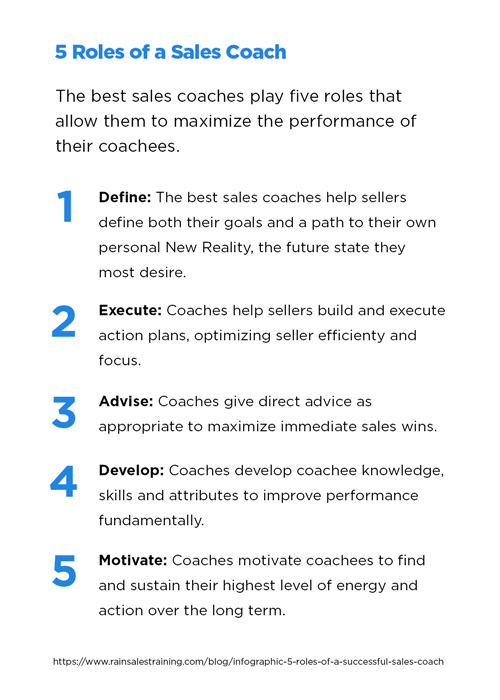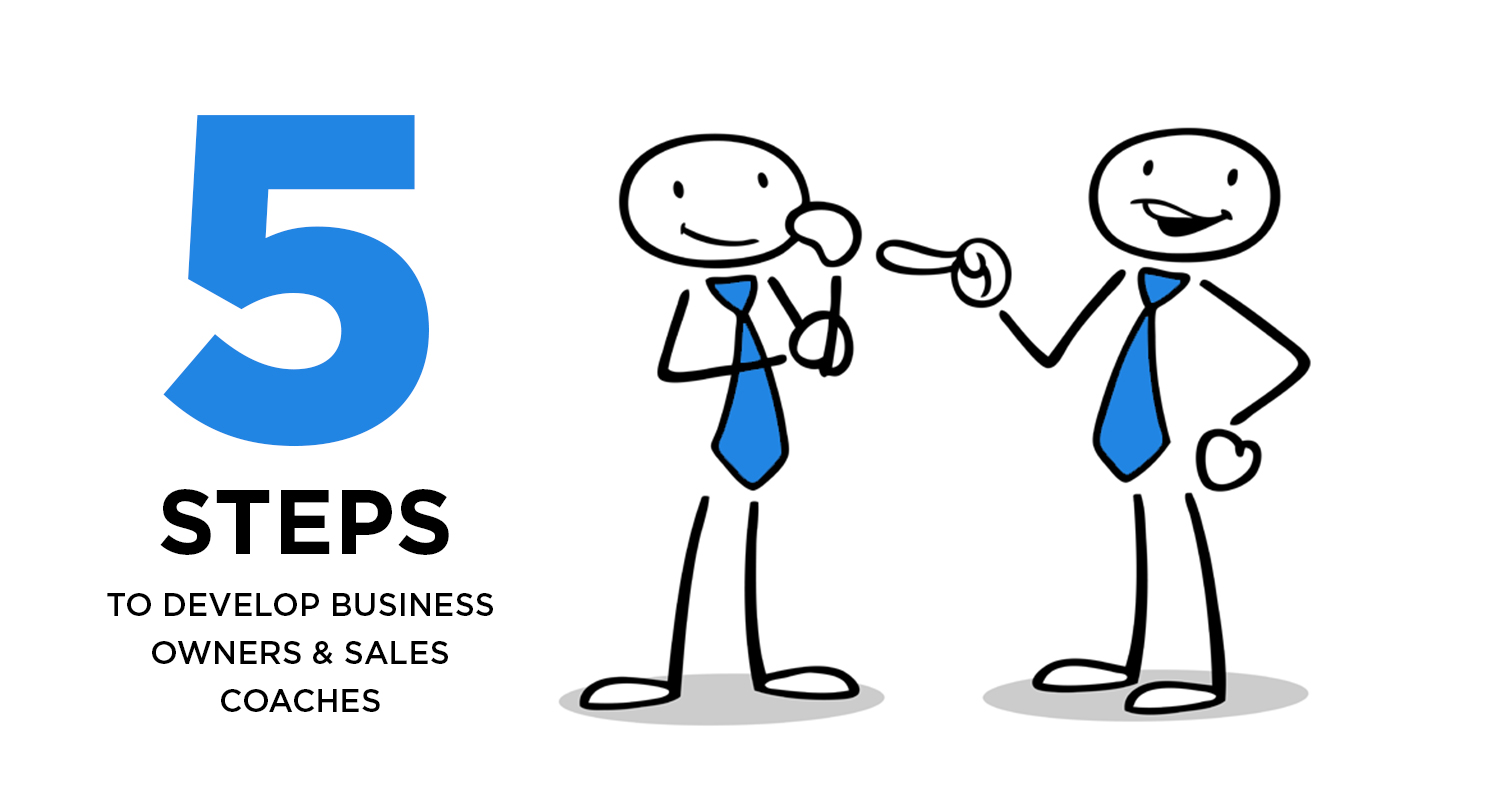It’s often said that successful employees are the backbone of successful companies. When time and resources are offered to employees, they will in turn invest their time and effort into the company and achieve new goals. However, many organizations fail to follow the simple steps that lead to a dedicated team and enhanced business practices.
When looking for areas of improvement within an organization of any size, the discussion continually circles back to the importance of coaching. With a direct affect on employee satisfaction, coaching plays a key role in the building of strong organizations and culturally superior workplaces. Applying this simple practice can enhance employee morale, boost productivity and improve communication skills. Each employee, regardless of responsibility level and position within an organization, can utilize coaching as a valuable tool to improve their skillset and develop a successful career.
Simply defined, coaching is a collaborative process that allows individuals to guide one another as they define goals, identify opportunities and plan for performance improvement. Following this path of progression also assists employees in the adjustment of their cultural mindset from ‘employee’ to ‘business owner’ and allows them to see the value they contribute to the company. Successful coaching programs are dependent on engaged and active participants, rather than a one-size-fits-all solution. To gain value from coaching programs, employees require a leader with demonstrated skills and quality experience who is invested in their growth.
Effective coaching is about achieving goals. Experienced leaders should be prepared and willing to provide employees with coaching and assist them in developing and achieving a strategic business owner mindset. Whether an individual is working to improve their professional skills or build upon their business, coaches have likely worked through similar situations and are happy to mentor along the way. ‘Coachees’ should be engaged and committed, actively listen and ask questions. Most importantly, they need to act on the results of the coaching session.
To ensure that we are supporting our employee and agent teams the best we can, our coaches follow “The 5 Roles of High-Performing Sales Coaches” by Mike Schultz & John Doerr.

Each role is crucial to helping others see themselves as business owners, and overall enhance the interactions and services we provide as a company.
– Ryan Hadlow, Senior Director, Agent Services
###
The England Logistics Freight Agent Program provides companies with the tools to expand and manage their business. Backed by the England Logistics brand, participating agents enjoy increased market visibility and established business connections. Our dedicated team also delivers consistent support for day-to-day operations. This allows freight agents to expand their portfolio while reinforced by a reliable team.



